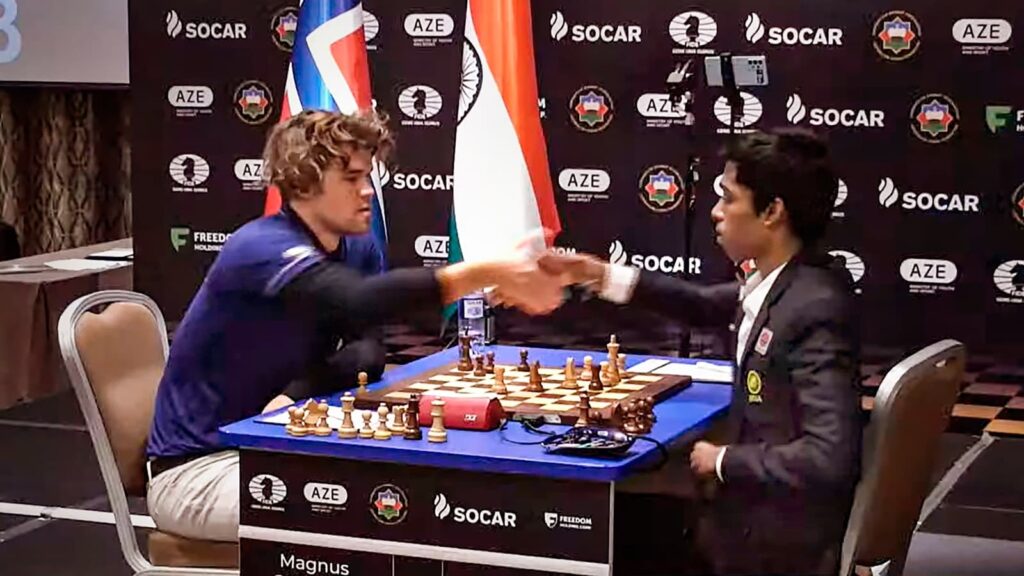The journey of a chess prodigy is often fraught with danger. You get recognised early, and the expectations build, but so does the stress, and very few have a smooth journey to the top. You can lose your way, you can get stuck, or you can simply lose motivation. But 18-year-old R Praggnanandhaa, with the run to the final of the Chess World Cup, and 17-year-old D Gukesh, with his rise into the top-10 of the FIDE World Rankings, are showing that this generation of India’s chess geniuses is all right. It helps that they aren’t alone. The competition from within is fierce — 19-year-olds Arjun Erigaisi and Nihal Sarin aren’t very far behind – and it doesn’t stop there either.
To this point, these young geniuses have done everything expected of them. They have stayed focussed on the game and reaped the rewards, but it is important that India, as a country, keeps its expectations in check. Having made it to the top echelons of the game, these young grandmasters will now consistently start running into the best in the business and there is a qualitative difference between those at the very top and them — one that cannot be bridged with genius alone. It will take a lot of hard work and then some more.
So, while we need to cheer them on, we also need to give them time to move to the next level. By virtue of his run to the World Cup final, Mr Praggnanandhaa qualified for the Candidates, an eight-player tournament that decides the next World Championship challenger. Mr Gukesh has a good chance of making it as well and this event, more than the hot streak they are on, will be a true indicator of where they stand among the very best. This is a path only Viswanathan Anand, among Indians, has tread before. The younger crop are now showing that they are ready to follow through.
Embrace independence with quality journalism
Save on HT + The Economist subscription


